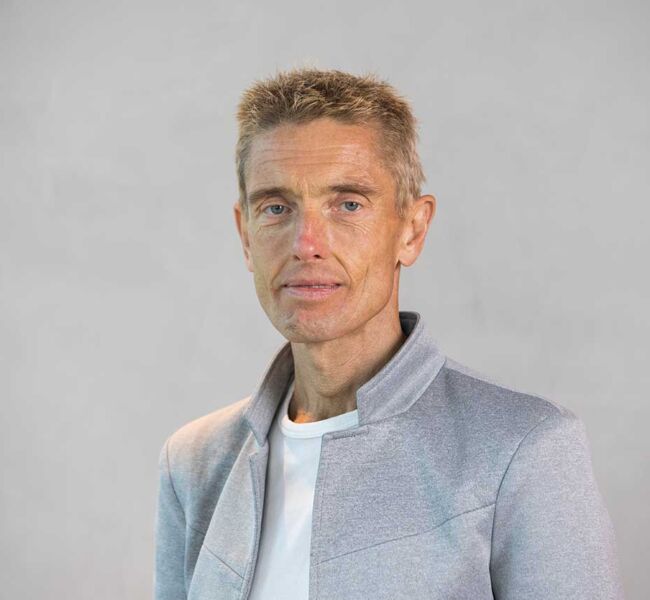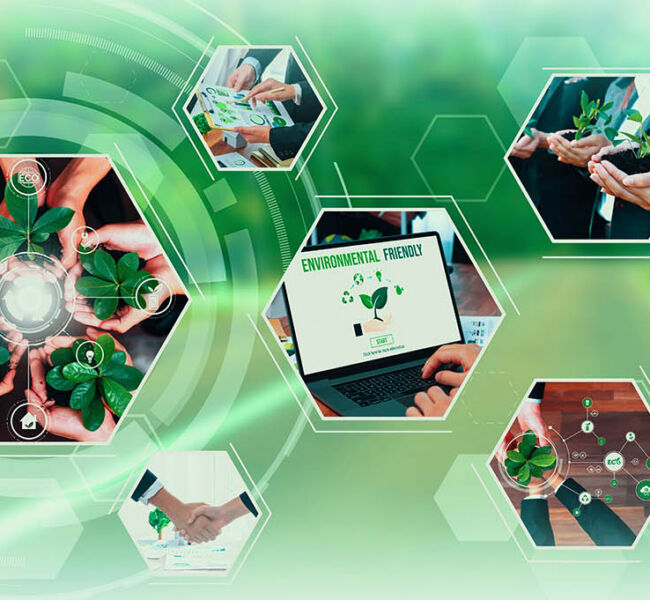
At Spurwing, we leverage our network of industry stakeholders and thought leaders to help organisations connect to the people that matter to them. We also bring the outside in to inspire and inform our clients on important issues like climate change. In September, we hosted a fireside chat for our agriculture, sustainability and healthcare clients to help them cut through the noise on the climate crisis and see the bigger picture that impacts all of us.
Assaad Razzouk,is author of “Saving the Planet Without the Bullshit”, a clean energy entrepreneur, podcaster and commentator. He co-founded and runs Gurin Energy, a renewable energy company headquartered in Singapore – and he has a lot to say about the current state of play with climate change. Keep reading for highlights from our conversation with him.
Freak weather events have gripped our attention this year, from the devastating floods in Pakistan and Bangladesh to scorching heatwaves in China and Thailand. These alarming incidents have, once again, thrust the climate crisis in the Asia Pacific region into the spotlight. Despite a deluge of information, many of us grapple with a lack of clarity on the scale of the challenge and what can really move the needle.
In his book, Assaad challenges the notion that individual actions alone can single-handedly save the planet. He even goes so far as to say that these beliefs inadvertently serve the interests of coal, oil, and gas industries, deflecting responsibility from their practices onto the shoulders of the public.
Here’s what we covered with Assaad.
Each year, the world produces over 380 million metric tonnes of plastic
The scale of the plastic problem is staggering – if all the plastic waste generated annually were bundled together, it could encircle the Earth four times over. There are now so many microplastics in our environment that we are breathing and eating it without realising. According to Assaad, oil and gas companies profit from plastic as a by-product whilst evading financial responsibility for its environmental harm, which in recent studies has been shown to extend to our respiratory health.
Released from sources like vehicle tires, industrial processes, and even ocean spray, microplastics can linger in the air for extended periods and travel great distances. They pose concerns not only for respiratory health but also for their potential to carry toxins and pollutants to remote areas.
Is carbon offsetting actually making a difference to the climate crisis?
Assaad’s perspective on the benefits of carbon offsetting has evolved. While individual eco-friendly efforts to buy carbon offset credits certainly hold some moral value, their actual impact falls short.
Assaad believes consumers should reconsider relying on carbon offsets for flights or fuel consumption and argues that this practice perpetuates a misleading notion that the climate crisis is solely the responsibility of individuals. This, he argues, deflects attention from fossil fuel corporations, who hold the most responsibility. In a recent Eco-Business article, Assaad spoke about how the ‘carbon footprint concept’ can be traced back to a 2003 advertising campaign by BP, that attempted to shift blame onto consumers.
COP28 is the Burning Man of sustainability
The effectiveness of the COPs in making a substantial difference to climate change remains a subject of debate and scepticism, especially from Assaad. While these high-profile gatherings serve as important platforms for global climate discussions and commitments, their outcomes often fall short of the urgent action required. COP agreements, marred by diplomatic wrangling and watered-down language, can lack the teeth needed to enforce meaningful change. While COPs provide a platform for dialogue, especially for countries who have a less significant presence on the global stage, Assaad believes their true impact on the ground is yet to be seen.
We believe great communications has the power to create a more sustainable future. Read more about us here, and for more information on our suite of services in sustainability communications, get in touch: hello@spurwingcomms.com





